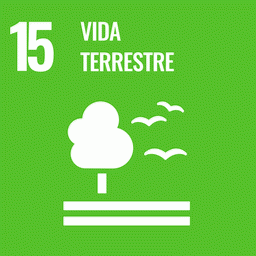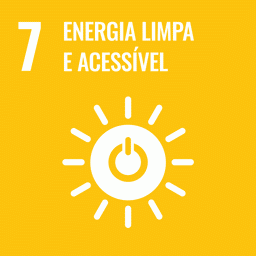Droughts can exert a strong influence on the regional energy balance of the Amazon and Cerrado, as can the replacement of native vegetation by croplands. What remains unclear is how these two forcing factors interact and whether land cover changes fundamentally alter the sensitivity of the energy balance components to drought events. To fill this gap, we used remote sensing data to evaluate the impacts of drought on evapotranspiration (ET), land surface temperature (LST), and albedo on cultivated areas, savannas, and forests. Our results (for seasonal drought) indicate that increases in monthly dryness across Mato Grosso state (southern Amazonia and northern Cerrado) drive greater increases in LST and albedo in croplands than in forests. Furthermore, during the 2007 and 2010 droughts, croplands became hotter (0.1–0.8 °C) than savannas (0.3–0.6 °C) and forests (0.2–0.3 °C). However, forest ET was consistently higher than ET in all other land uses. This finding likely indicates that forests can access deeper soil water during droughts. Overall, our findings suggest that forest remnants can play a fundamental role in the mitigation of the negative impacts of extreme drought events, contributing to a higher ET and lower LST.

